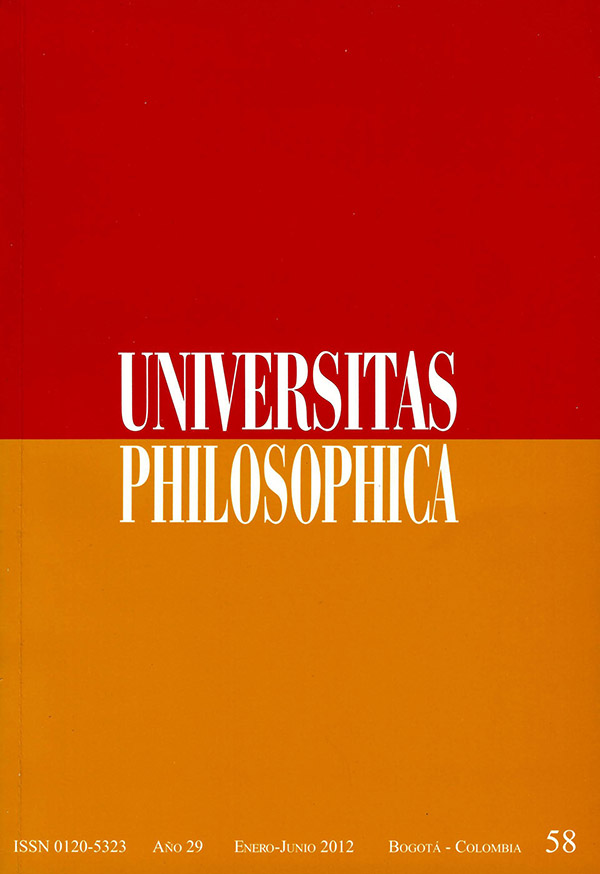Abstract
The conception of the other present in the philosophical tradition has as a common trait, to Merleau-Ponty, the belief in the existence of an absolute transcendental subjectivity, which denies the problematic of the experience of the other from the beginning: to understand the existence of the other as truly other and not like another derivative from pre-established principles. In this context, it is to show that, firstly, in the perception of the other as a body, the otherness of the other is given as an irreducible and unsurpassable difference. Secondly, it can be stated that the other’s language conceived as speech (parole), is the expression of its radical difference, of what the other has more of its own. The text is structured in three moments: 1. Inter-corporeality as a place of the other. 2. Inter-corporeality and originating communication with the other, and 3. The word: an expression of the other’s difference.
This journal is registered under a Creative Commons Attribution 4.0 International Public License. Thus, this work may be reproduced, distributed, and publicly shared in digital format, as long as the names of the authors and Pontificia Universidad Javeriana are acknowledged. Others are allowed to quote, adapt, transform, auto-archive, republish, and create based on this material, for any purpose (even commercial ones), provided the authorship is duly acknowledged, a link to the original work is provided, and it is specified if changes have been made. Pontificia Universidad Javeriana does not hold the rights of published works and the authors are solely responsible for the contents of their works; they keep the moral, intellectual, privacy, and publicity rights.
Approving the intervention of the work (review, copy-editing, translation, layout) and the following outreach, are granted through an use license and not through an assignment of rights. This means the journal and Pontificia Universidad Javeriana cannot be held responsible for any ethical malpractice by the authors. As a consequence of the protection granted by the use license, the journal is not required to publish recantations or modify information already published, unless the errata stems from the editorial management process. Publishing contents in this journal does not generate royalties for contributors.


